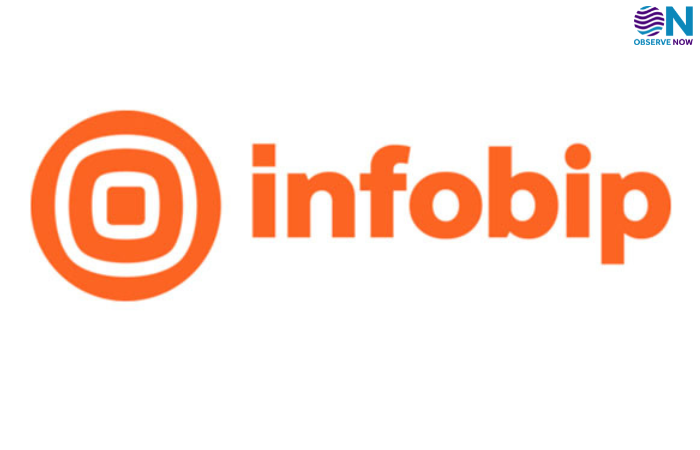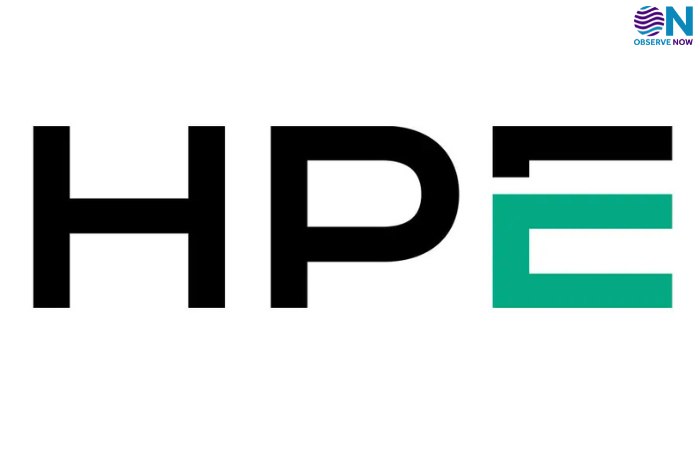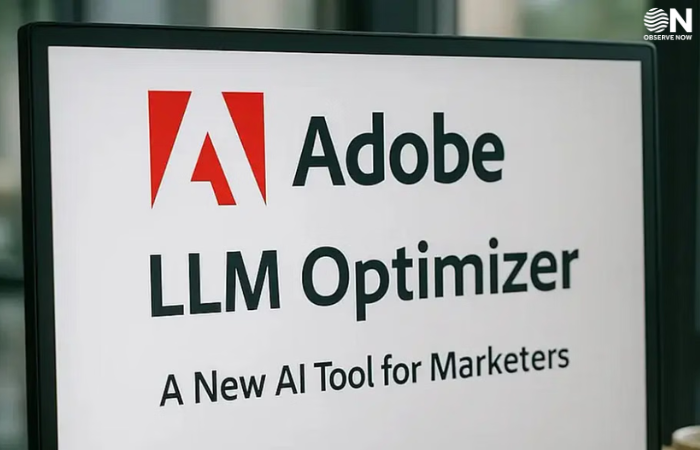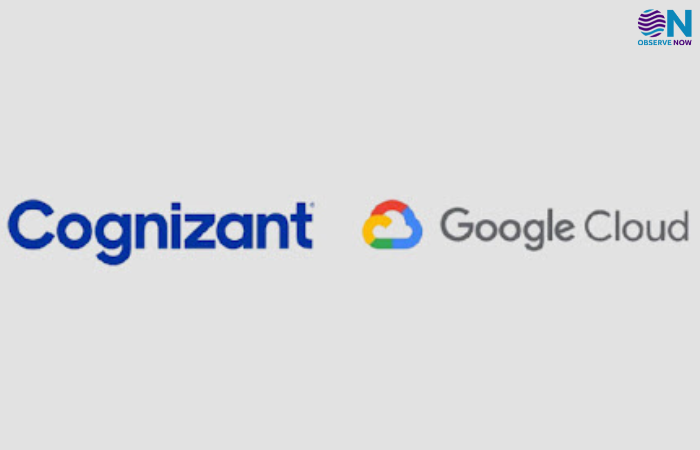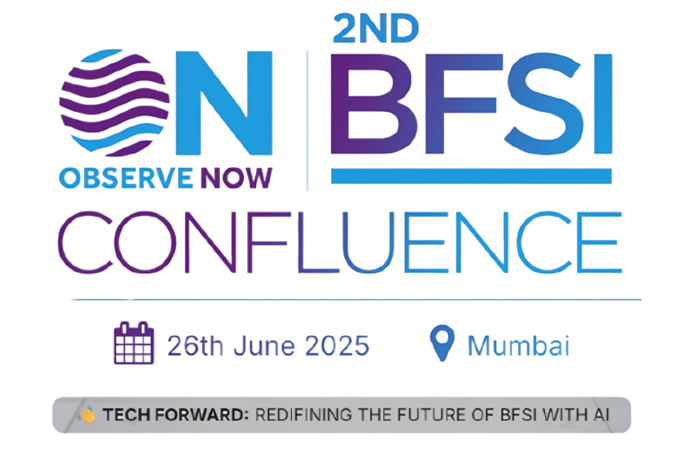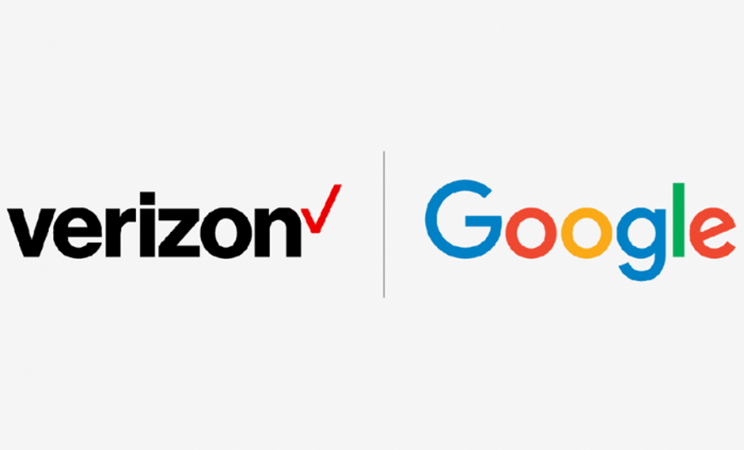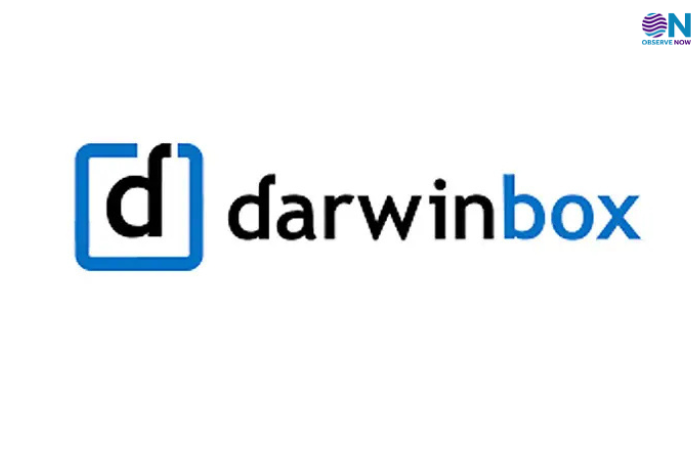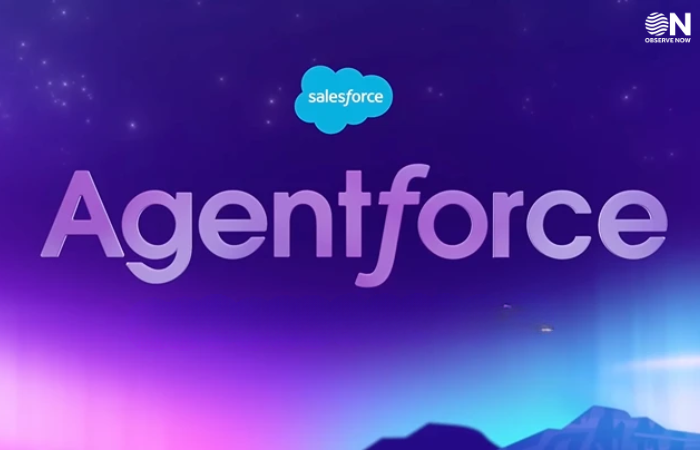Infobip Debuts CXOP to Elevate AI‑Driven Customer Engagement
Global cloud communications platform Infobip has unveiled its Conversational Experience Orchestration Platform, a powerful new agentic AI solution designed to transform how businesses interact with customers. Built on its existing AI Hub and powered by Microsoft Azure OpenAI Foundry models, CXOP marks a significant step forward in enabling dynamic, goal‑oriented conversations across support, marketing, and sales.
Unlike rule‑based chatbots, CXOP employs intelligent AI agents that can understand context, adapt in real time, and automate entire customer journeys. Integrated within a unified platform, these agents manage interactions across messaging applications—such as WhatsApp, RCS, and web chat—while seamlessly handing complex queries to human agents when needed. Infobip says the platform improves customer loyalty and response speed while reducing operational costs.
Programmed to drive specific outcomes like lead conversion and campaign performance, CXOP offers both no‑code and full‑code deployment options. This range empowers businesses to launch quickly—regardless of their technical resources. AI agents orchestrate conversations in real time, continually adjusting to user behavior, intent, and sentiment.
The platform operates within Infobip’s AI Hub ecosystem, bringing together messaging, automation, and generative AI into a cohesive ecosystem. According to Infobip’s Chief Business Officer, Ivan Ostojić, CXOP is a “foundational step toward building AI‑first customer experiences that drive measurable business impact.”
Microsoft – a partner in the launch– highlights the efficiency gains of switching from traditional workflows to intelligent agents. Myladie Stoumbou, Senior Director of ISV Partnerships at Microsoft, noted that CXOP simplifies customer engagement by eliminating the need to manage multiple vendor solutions, thanks to its availability in Azure Marketplace.
CXOP’s user‑centric design aligns with rising expectations for instant, personalized service. By integrating real‑time behavior analytics and sentiment tracking, CXOP aims to reduce response times, automate service inquiries, and drive revenue through tuned interactions. It also supports hybrid operations, where AI handles standard tasks and humans handle advanced or sensitive issues, providing seamless escalation and collaboration.
Infobip’s global reach—spanning over seven billion mobile devices across six continents—positions CXOP for rapid uptake, with early adopters already testing the platform via Azure. This launch bolsters Infobip’s leadership in the CPaaS (Communications Platform as a Service) space, following repeated recognition by Omdia, Gartner, IDC, and Juniper Research.
In summary, CXOP introduces a new era in conversational customer engagement, where intelligent AI agents can lead, learn, and adapt within unified omni‑channel experiences. By combining advanced AI orchestration with effortless deployments and human‑in‑the‑loop capabilities, Infobip is redefining how brands can meet modern expectations—delivering both efficiency gains and richer customer interactions.


